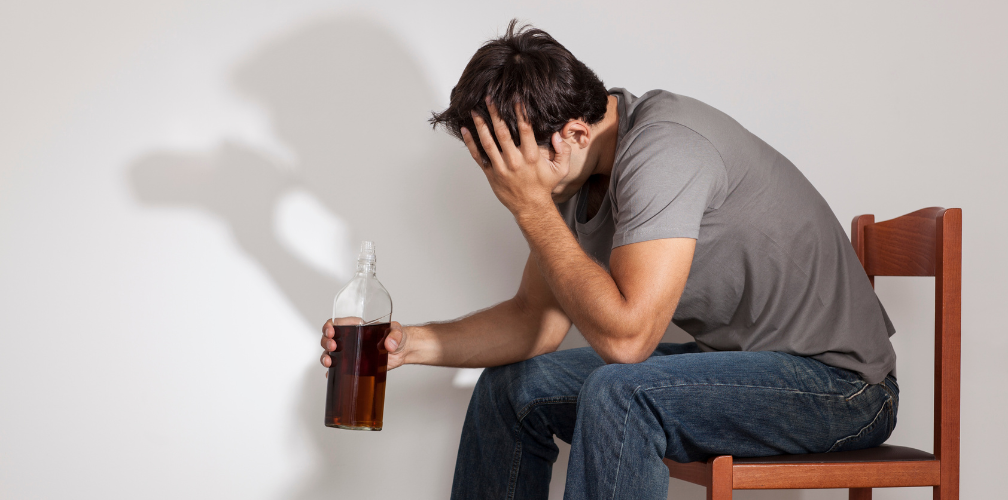If you suspect someone has alcohol poisoning, it is crucial to act quickly and responsibly. Alcohol poisoning is a serious and potentially life-threatening condition that requires immediate medical attention.
Here are the steps to take
Call for emergency help: Dial emergency services immediately. Inform them that you suspect alcohol poisoning. When emergency responders arrive, provide them with as much information as possible, including how much alcohol the person has consumed, when they consumed it, and any other substances they may have taken.
Stay with the person: Do not leave the person alone. Stay with them until help arrives. Monitor their condition closely.
Keep them awake and sitting up: If the person is conscious, try to keep them awake and in a sitting position. If they must lie down, make sure to turn them on their side (recovery position) to prevent choking if they vomit.
Monitor breathing and responsiveness: Check their breathing and responsiveness regularly.
Do not induce vomiting: Do not try to make the person vomit. This can cause choking.
Do not give them food or drink: Do not give the person food, water, coffee, or any other liquid. It will not help to sober them up and can potentially worsen the situation.

Signs of alcohol poisoning
It’s important to recognize the signs of alcohol poisoning, which include:
- Confusion
- Vomiting
- Seizures
- Slow or irregular breathing (fewer than 8 breaths per minute or more than 10 seconds between breaths)
- Hypothermia (low body temperature), bluish skin colour, or paleness
- Unconsciousness and inability to wake up

How to prevent alcohol poisoning
- Drink alcohol in moderation.
- Eat food before and while drinking.
- Stay hydrated with water.
- Avoid binge drinking.
Remember, alcohol poisoning is a medical emergency, and immediate action can save a life. Always work on the side of caution and seek medical help if you suspect someone has alcohol poisoning.
For more information, please get in touch with us on: sparkbwd@calico.org.uk or call 01254 495014
